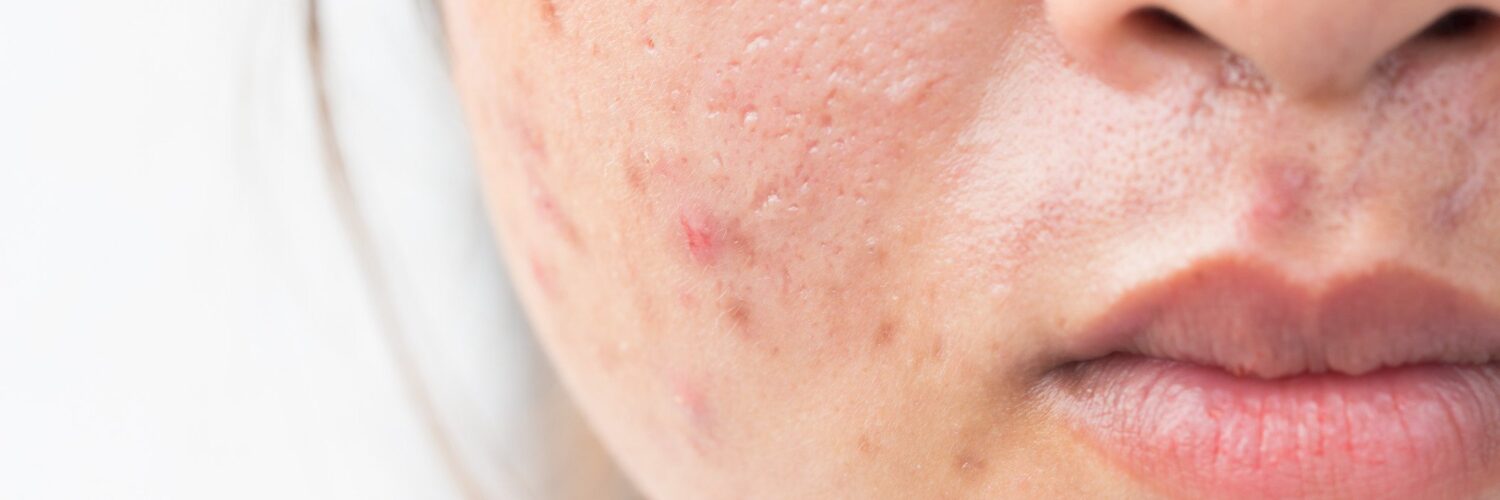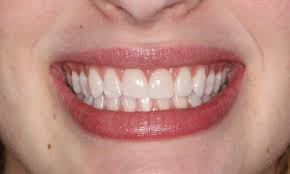Did you know that acne is a common skin condition affecting almost 10% of people around the world?
Acne itself can be a frustrating and distressing experience. The aftermath of acne – in the form of marks and scars – brings about a whole new set of concerns.
Acne marks and scars are often lumped together as one entity, but they are actually two different skin issues. Unfortunately, there are many myths and misconceptions surrounding these two conditions.
Continue reading as we will debunk some of the common myths to help you better understand acne marks vs acne scars.
Scars and Acne Marks Are the Same Thing
While both acne marks and scars may appear as dark spots on the skin, they are actually two distinct types of discoloration. Acne marks are flat and temporary discolored areas that occur after a pimple has healed.
On the other hand, acne scars are permanent indentations or raised bumps on the skin that result from damage to the deeper layers of the skin. The extraction of pimples, picking at acne, and excessive sun exposure can all contribute to the development of scars. They can range in texture and appearance from shallow depressions to deep pits or raised bumps.
All Acne Marks and Scars Will Eventually Fade Away
It is a common belief that all types of acne marks and scars will disappear over time. While this may be true for some people, it is not the case for everyone. The length of time it takes for acne marks and scars to fade depends on various factors such as skin type, severity of scarring, and individual healing process.
In some cases, certain types of scars – such as ice pick or boxcar scars – may never fully disappear without medical treatment. It is important to consult a dermatologist for proper diagnosis and treatment options.
Only People with Severe Acne Get Scars
Acne marks and scars can happen to anyone, regardless of the severity of their acne. While severe acne may increase the likelihood of scarring, even a single pimple can potentially leave a mark or scar behind.
Factors such as genetics and skin type can also play a role in the development of acne marks and scars. Therefore, it is important to practice proper skin care and seek treatment for acne extraction as soon as possible to prevent scarring.
Tanning Can Help Fade Acne Marks and Scars
There is a common misconception that tanning can help fade acne marks and scars. While tanning may temporarily camouflage the discoloration, it can actually worsen the appearance of scars in the long run.
Exposure to UV rays can increase inflammation and further damage the skin. Instead of relying on tanning to fade marks and scars, it is important to use sunscreen and seek proper treatment options. Consider using a tinted spray moisturizer or self-tanner to achieve a temporary, safe glow without the harmful effects of tanning.
Acne Marks vs Acne Scars: Separating Fact from Fiction
Acne marks vs acne scars are not the same thing. The best way to deal with them is to prevent them from occurring in the first place. Don’t let myths and misinformation prevent you from achieving clear, healthy skin.
Remember to always consult a trusted medical professional for any concerns about your skin. Stay confident in your own skin, and don’t let acne marks or scars define you. With the right knowledge and treatment, you can overcome the aftermath of acne and embrace your natural beauty.
We invite you to explore our other articles for more insights and expert advice.






Add comment